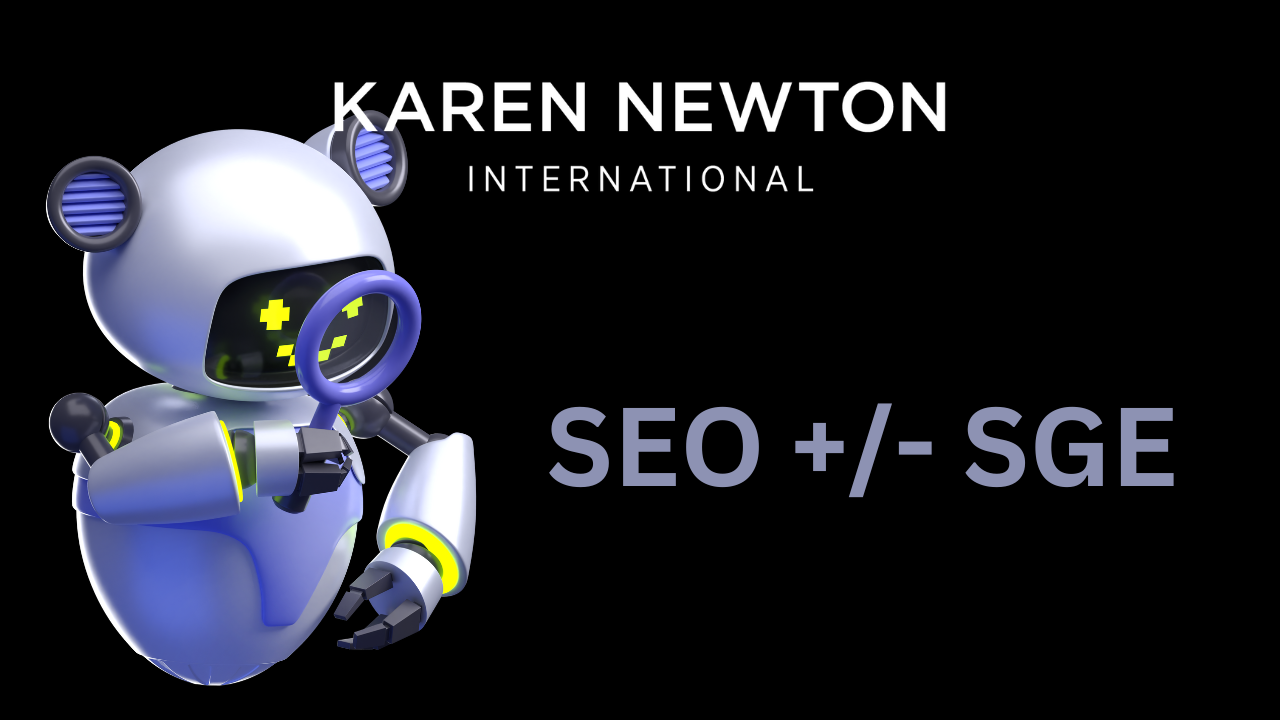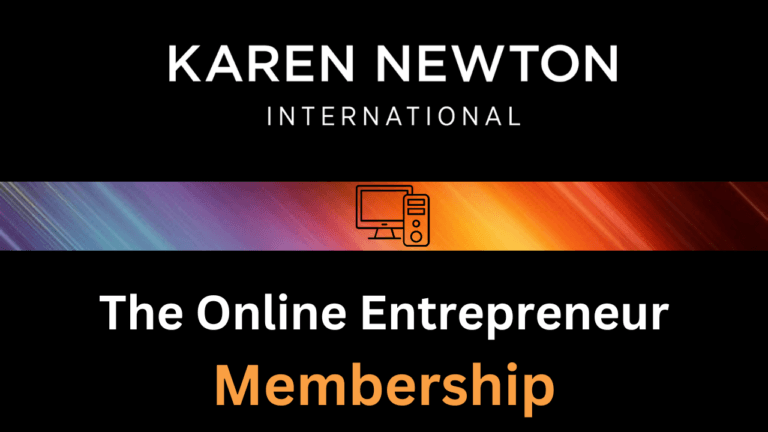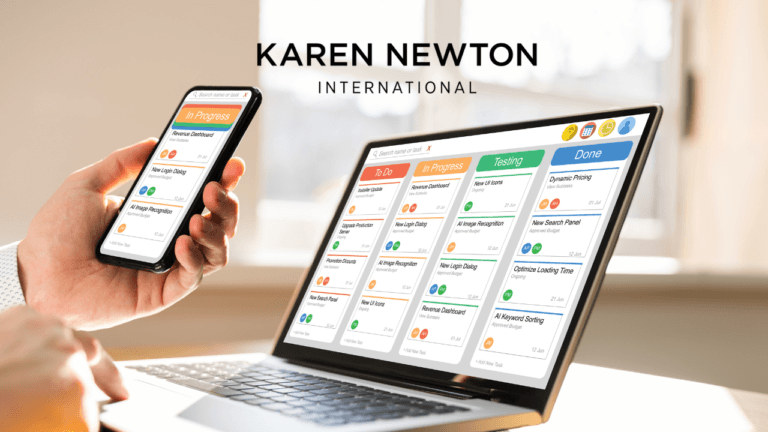Evolving From SEO To SGE Without Losing Traffic
In the digital realm, the quest for higher website rankings and increased traffic has long been dominated by Search Engine Optimization (SEO). However, the emergence of Artificial Intelligence (AI) has disrupted this landscape, ushering in a new era marked by Search Generative Experience (SGE). This shift has profound implications for online entrepreneurs and content creators, fundamentally altering the strategies needed to attract and retain visitors.
Websites have relied on SEO to get higher rankings. Higher rankings usually meant more organic traffic and better conversions in sales.
AI changed the playing field.
With search engines worried about the lack of searches on their sites they have evolved their searches from SEO based to SGE based.
What does this mean for traffic to your website?
What is SERPs?
SERPs is search engine results page. Every online entrepreneur aimed to get to the top of the SERP for their niche.
This is because searchers rarely have time to scroll through page pages of search results. Instead, they tend to look at the top five or ten searches that appeared on the first SERP.
This created a competition between online entrepreneurs to be on the top of the SERP.
What is SEO?
SEO (Search Engine Optimisation) is a strategy of identifying the types of words that searchers use and including them strategically in their posts. The placing of the words helps search engines to identify the post and match it with searchers.
For example, this article is about SGE (Search Generative Experience) so I would us SGE as the topic and place words throughout the article so if someone does a search about SGE hopefully, my post is near the top of the search.
However, all this has changed.
ChatGPT Changes Online Business
On the 30th November 2022, ChatGPT was launched. An AI tool that would search topics, write articles and answer questions.
It quickly took the world by storm. Few people knew if you or AI had created a post, a book; a legal paper or even images.
Soon the internet was flooded with AI content.
So, online platforms embraced AI while others tried to contain it and look for the human side.
How this Affected Search Engines
Google like many search engines soon found their platforms were losing traction to AI.
At one stage, 93% of searches were using Google. This dropped to 88% in early 2024.
Search engines are reliant on advertising placements on their SERPs. Less traffic means less advertisers. Google as a business had to find a way to compete.
Google faces some difficulties because
- 80% of all searches don’t get the answer they are looking for
- 16% of daily searches are brand new. Meaning this search has never been done before
With these issues, Google needed to find a way to decrease the number of “don’t get an answer” results and be prepared to deal with the new daily searches.
Google’s answer, create it’s own AI search platform.
Online Entrepreneurs and Content Creators are Hit Hard with New AI Search
For years, Google had been telling the online community “create informative content; answer customers questions; show you are an expert, have experience, are an authority and trustworthy and we’ll promote your website with better rankings”.
But all that has changed.
The new AI Google search offers little opportunity to showcase websites other than those with extremely high profiles.
The search has been redesigned depending on which country the search is generated from.
For example, I recently searched “How to Write a Blog”. The results sections were
- AI-generated answer with 4 snippet features
- People also ask …
- 3 x high profile websites
- 3 x YouTube Videos
- 3 x Discussions and Forums
- 3 x high profile websites
- Sponsored websites
In Section 1, AI answered the question with 8 bullet points for writing a blog. There was no need to look any further as the answer had been provided.
Sections 3 and 6 are very high-profile pages that are membership platforms with millions of users such as Semrush, Ahref, Medium etc.
The only opportunity for new websites are the Snippet Feature, YouTube and Paid Advertising.
This is why, when Google did the 5th March HCU (helpful content update) millions of websites found traffic and rankings had dropped to zero.
How Can You Drive Traffic to Your Website?
The Google updates have left many online entrepreneurs floundering with zero rankings; zero traffic and zero sales.
However, all is not lost.
Before the 5th March HCU changes, I had been experimenting with website content and traffic. In particular,
- Using feature snippets
- Key takeaways
- Long-tail searches.
- Increasing the number of posts on a website. This channel now has over 100 posts.
- A new website-focused YouTube channel specifically, with links between blogs and videos – links flowing both ways.
- increasing Social Media Marketing
The result has been, that while other sites are struggling with a decrease in ranking and traffic, my websites have seen an increase.
How to Grow Your Traffic in 2024
Google is no longer a friend to content creators.
The use of AI in SERPs suggests Google’s focus is on providing the searchers with the answers they require instantly even if they are AI-generated.
As online entrepreneurs and content creators, our focus has to be on establishing where our potential customers are now.
Data released in March 2024 shows that Social Media is as popular as ever and a good place to start.
- Facebook – 3.05 billion (monthly active users)
- YouTube – 2.49 billion
- Instagram – 2.48 billion
- TikTok – 1.22 billion
- Telegram – 800 million
- Snapchat – 750 million
- X – 550 million
- Pinterest – 450 million
- Reddit – 430 million
- LinkedIn – 424 million
- Quora – 300 million
- Tumblr – 132 million
- Instagram Threads – 100 million
Sharing information and posts on these social-media platforms helps get your message in front of large audiences.
Organic growth and website traffic is still possible with a little creative thinking. Isn’t that what online entrepreneurs do best?
Evolving from SEO to SGE Without Losing Website Traffic
Change is a constant in our lives.
As Online Entrepreneurs and Content Creators, our success depends on our ability to pivot to accommodate that change.
When I started learning about creating websites and content creation four years ago, the world was a much different place. Just one month ago, it had more predictability.
It was a wake-up call to be unique in what you do and always have multiple traffic streams in your online toolbox.
The world is evolving from SEO to SGE. Our job is to adapt to the change without losing website traffic.
Key Takeaways
- Change is a part of everyday life
- Flexibility and being able to pivot quickly are important skills
- Create Multiple Traffic Streams
- Leverage Social Media
- Find where your potential clients are now not where they have been
- Look for the opportunities.







